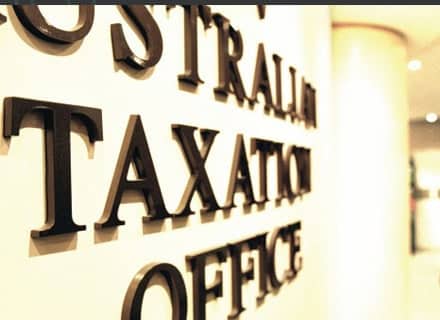Percentage of property investors with an ‘in-depth audit’ from the ATO

What percentage of property investors had an ‘in-depth audit’ from the ATO in 2019?
Last year the ATO announced that they doubled the number of in-depth audits to 4,500, due to an error rate of just under 90% on a sample of investor tax returns.
Speaking at the Tax Institute’s National Convention in Hobart, ATO Commissioner Chris Jordan said the Tax Office’s audits of over 300 rental property claims found errors in almost nine out of 10 returns reviewed.
To answer the question, the number of property investors receiving an ‘in-depth audit’ would be about 0.21%.
That number of less than a quarter of a percent is, in real terms, probably even lower as I’m looking at the latest stats on investors with an interest in a property which is from the ATO tax stats of 2016/2017. In that release, there were 2,156,319 individuals with an interest in an investment property.
Where are investors going wrong?
To keep this snappy, I’ll put in point form the key areas identified by the ATO.
- Interest deductions – Incorrectly claiming interest on equity redraws for things like boats, cars, holidays etc. Only the interest portion of the loan on your investment property is claimable, and if you extend the value of the loan with a redraw, investors need to consider where that money is being spent. If it’s not attributable to an income producing property, you can’t claim it as a tax deduction.
2. Repairs and maintenance claims – Investors are claiming repairs and maintenance at 100% where these items don’t qualify. I’ve written extensively on this (https://www.mcgqs.com.au/blog/depreciable-asset-or-repairs-and-maintenance-how-to-make-the-call/) and there are some simple rules. Firstly, the property needs to be rented at the time of the expense. You can’t do some work to it while you’re living in it ready for the tenants, and then claim that as an expense. Secondly, if you’re replacing an asset rather than fixing something already in place, it’s most likely going to be a depreciable asset that needs to be written off over its effective life.
- Holidays homes and AirBnB – The main issues relate to homes being let to family members, either for free or for a reduced rate. Owners also need to ensure they’re not claiming for periods when they are occupying the property themselves. The ATO has sophisticated data matching capabilities which means if you’re using AirBnB, the tax office will know about it.
So, the number of investors subjected to an ‘in-depth audit is very low in percentage terms, but it’s likely that these 4,500 investors weren’t just picked out of a hat. The data matching and benchmarking capabilities of the ATO are such that it’s my view those 4,500 investors had some very unusual figures plugged into their tax returns.
If you’re doing the right thing there’s nothing to worry about, but education is the critical component to ensuring your return is compliant. It’s important for investors to provide all of the information to their accountants, rather than just the basic statements and a shrug of the shoulders. Accountants are clever, but you can’t make diamonds out of, well… you know.
Mike Mortlock is a Quantity Surveyor and Managing Director of MCG Quantity Surveyors. MCG Specialise in Tax Depreciation Schedules and Construction Cost Estimating. You can visit them at www.mcgqs.com.au Mike Mortlock is a Tax Depreciation expert, Quantity Surveyor and Managing Director of MCG Quantity Surveyors. He is a regular speaker and commentator having been featured in the Financial Review and Sky Business. MCG Specialise in Tax Depreciation Schedules and Construction Cost Estimating for investors. You can visit them at https://www.mcgqs.com.au
